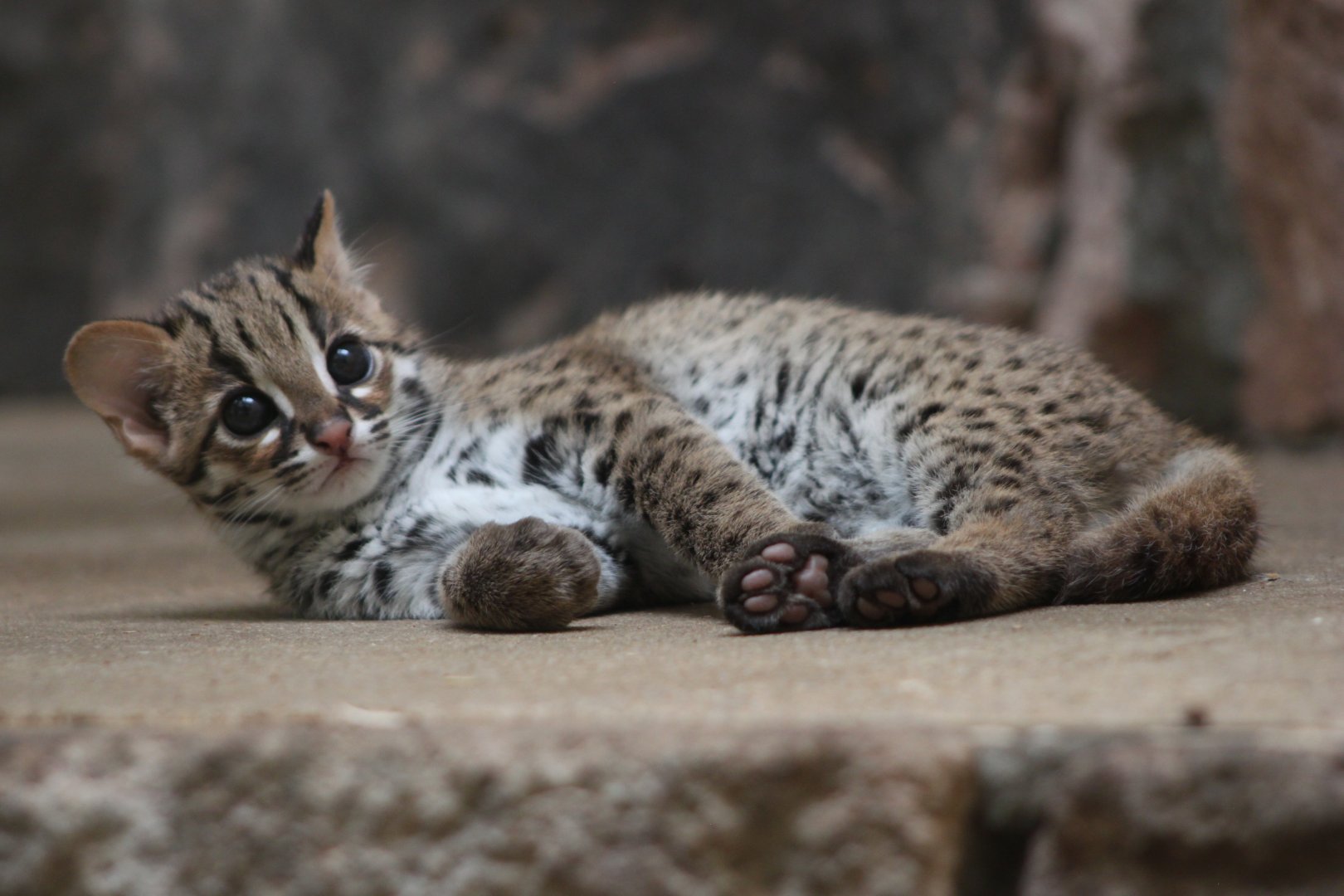One weekend afternoon over the summer, something unusual was going on in People’s Park in Shanghai, specifically in its renowned matchmaking corner (相亲角, xiangqingjiao), traditionally a hub for parents to post their single children’s information in hopes of finding them a suitable match.
This time, a new Gen Z crowd was taking up space in the park. Instead of showcasing themselves, they had set up posters featuring their feline pets. These cat matchmaking boards mimicked the traditional format, detailing each cat’s breed, traits, and vaccination status. Adding a humorous touch, owners listed quirky criteria for potential cat dates, such as “taller than me” or “no hair loss.”
It was a scene where longstanding customs met contemporary youthful expression.

Since 2004, the marriage market at People’s Park has served as a popular venue for parents seeking suitable partners for their children. Criteria for matches include age, height, job, income, education, family values, Chinese zodiac sign, and personality. Seniors, typically born between the 1950s and 1960s, represent their unmarried children at this market. The space is organized into various sub-sections catering to different demographics, including overseas Chinese, recent “New Shanghainese” (people who have moved to Shanghai for work), divorcees, and specific regional groups, facilitated by professional or volunteer matchmakers.
The Gen Z newcomers were gathering for “A Meow Matchmaking Corner,” an event hosted by Soul, a Shanghai-based social app founded in 2016 with over 30 million active monthly users. This particular event, capturing the interest of young pet owners and singles alike, focused on finding matches for pets, but also served as a meetup for the like-minded owners themselves.
This event can be seen as a subtle commentary on the stringent matchmaking and marital norms prevalent in Chinese society. As the country faces record lows in marriage and fertility rates, many Gen Z citizens resist the concept of arranged marriages and traditional matchmaking. In the aftermath of the event, discussions on Weibo, the popular microblogging platform, surged with cat-themed posts and critiques of (human) blind dating practices.
The particularly resonant hashtag “Young people don’t dislike blind dates; they just dislike setting themselves up on blind dates” amassed over 24.5 million reads and sparked more than 12,000 interactions.
One Weibo user jokingly commented “I shouldn’t have neutered my cat hahaha”

A search for “pet matchmaking” (宠物相亲, chongwuxiangqing) on Xiaohongshu also returns posts of subsequent pet matchmaking meetups in cities like Wuhan and Hangzhou. Some users also note that the initial meet-up was more like a PR stunt for Soul, and others express genuine confusion about the phenomenon.
At the original event, similarly contrasting views could be found. “I’m just coming to find a hajimi [哈基米, an idiom for cute pets] that’s as cute as mine, and also observe the hajimi’s parent along the way,” said one hopeful matchmaker, speaking with Phoenix TV. One older gentleman bluntly commented, “They have nothing else to do.” Some parents looking for matches for their sons or daughters nearby also took pictures, bemused by the odd matchmaking event.
Adding a playful twist to the rigid business of finding partners, cat matchmaking has evolved from a one-off marketing event to somewhat of a trend, reflecting the changing attitudes of China’s youth towards traditional matchmaking practices.
Banner image via Xiaohongshu.


















